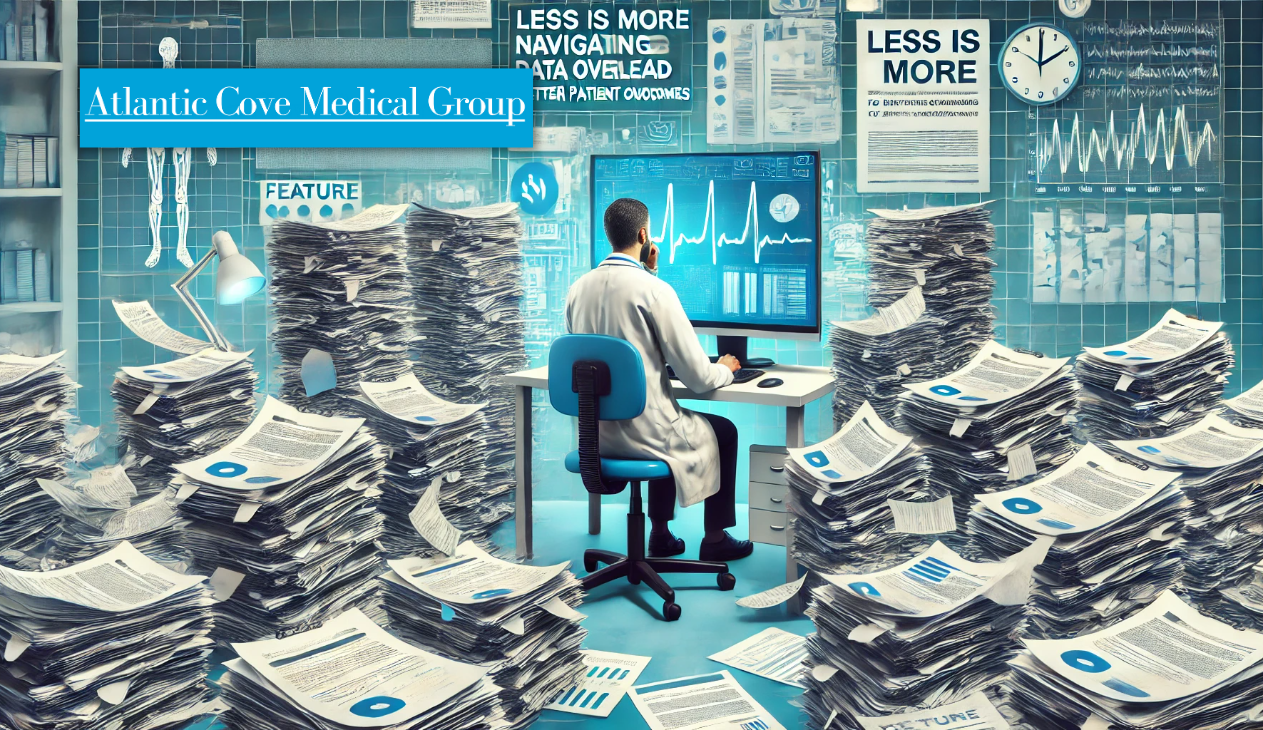The Essential Role of Regular Blood Pressure Checks in Preventing Chronic Diseases
In our fast-paced world, chronic diseases such as heart disease, stroke, and kidney failure pose significant health risks, quietly creeping up on unsuspecting individuals. Amidst this, high blood pressure, or hypertension, stands out as a formidable adversary, often going unnoticed due to its lack of symptoms. This silent condition, if left unchecked, can lead to devastating consequences. However, there lies a simple yet powerful weapon against this threat: regular blood pressure monitoring. This in-depth article explores the critical importance of keeping a vigilant eye on blood pressure levels, offering insights into how such a practice can prevent chronic diseases and significantly enhance the quality of life.
Unveiling the Silent Killer: High Blood Pressure
Blood pressure is the measure of the force that blood exerts on the walls of the arteries as it flows through them. When this force is too high over time, it results in hypertension, a condition that can cause irreversible damage to the heart, arteries, and other organs. What makes high blood pressure particularly dangerous is its ability to inflict harm without any obvious symptoms, earning it the moniker "the silent killer."
Understanding the gravity of hypertension requires a look at its prevalence and impact. According to the Centers for Disease Control and Prevention (CDC), nearly half of adults in the United States have high blood pressure, but only about 1 in 4 have it under control. This statistic underscores the urgent need for regular monitoring to detect and manage this condition before it leads to more severe health issues.
The Lifeline of Regular Monitoring
The American Heart Association and other health organizations advocate for regular blood pressure checks, recommending that adults with normal blood pressure levels receive screening at least once every two years. Those with elevated levels or risk factors for heart disease should engage in more frequent monitoring. This recommendation stems from the understanding that early detection and management of high blood pressure can significantly reduce the risk of heart attack, stroke, and kidney disease.
Bridging the Gap with Monitoring
One of the most compelling reasons for regular blood pressure checks is the role they play in bridging the gap between ignorance and empowerment. Through routine monitoring, individuals can gain valuable insights into their cardiovascular health, allowing for timely interventions. The benefits of this proactive approach are manifold:
- Identification of Patterns and Triggers: Daily monitoring helps in identifying specific patterns or triggers that may cause blood pressure to spike, such as stress, dietary choices, or lack of physical activity. Recognizing these factors is the first step in making lifestyle adjustments to mitigate their impact.
- Evaluating Treatment Effectiveness: For those already diagnosed with hypertension, frequent blood pressure checks are crucial in assessing the effectiveness of ongoing treatments. This can include medication, dietary adjustments, or lifestyle changes aimed at lowering blood pressure.
- Promoting Healthier Lifestyles: The act of monitoring one's blood pressure can serve as a constant reminder of the importance of maintaining a healthy lifestyle. It can motivate individuals to engage in regular physical activity, adopt a heart-healthy diet, and avoid harmful habits like smoking and excessive alcohol consumption.
Steps to Integrate Regular Checks into Your Life
While the importance of blood pressure monitoring is clear, understanding how to incorporate it into daily life is crucial. Here are actionable steps anyone can follow to stay ahead of hypertension:
- Invest in a Quality Home Blood Pressure Monitor: Owning a reliable blood pressure monitor allows for regular checks in the comfort of your home. It's important to select a monitor that has been validated for accuracy and to follow the manufacturer's instructions for use.
- Schedule Regular Check-ups with Your Healthcare Provider: In addition to home monitoring, regular visits to a healthcare provider can offer a comprehensive overview of your cardiovascular health and help adjust any treatment plans as necessary.
- Educate Yourself: Understanding what your blood pressure numbers mean is crucial. The American Heart Association categorizes blood pressure levels into normal, elevated, and stage 1 and 2 hypertension. Knowing where your numbers fall can help you understand your risk and when to take action (see chart below).
- Adopt a Heart-Healthy Lifestyle: Engage in regular physical activity, eat a balanced diet rich in fruits, vegetables, lean proteins, and whole grains, limit sodium intake, and manage your stress. These steps not only contribute to maintaining a healthy blood pressure but also to overall well-being.

Regular blood pressure monitoring stands as a beacon of prevention in the fight against chronic diseases. It equips individuals with the knowledge and tools needed to take proactive steps toward maintaining their health.
Imagine the peace of mind that comes with knowing you are taking proactive steps to monitor and manage your blood pressure. This isn't just about avoiding the negative outcomes associated with high blood pressure; it's about embracing a lifestyle that prioritizes health and longevity. By making regular blood pressure checks a staple of your healthcare regimen, you're not just avoiding diseases; you're paving the way for a more vibrant, active life.
Leveraging Technology for Better Health Outcomes
In our digital age, technology also plays a crucial role in facilitating regular blood pressure checks. Smartphone apps connected to blood pressure monitors can track readings over time, offer reminders for check-ups, and even share data directly with healthcare providers. This seamless integration of technology into health monitoring empowers individuals to take charge of their health with the tools they use daily.
The Collective Benefit of Widespread Monitoring
When we consider the broader implications of widespread blood pressure monitoring, the potential for public health improvements is immense. A society where individuals regularly monitor and manage their blood pressure could see significant reductions in the incidence of heart attacks, strokes, and kidney disease. This not only improves the quality of life for countless individuals but also reduces the overall burden on healthcare systems.
Conclusion: A Call to Action
The message is clear: regular blood pressure checks are a non-negotiable aspect of maintaining good health. Whether you are currently managing hypertension or looking to prevent it, the importance of daily monitoring your blood pressure cannot be overstated. By taking control of this aspect of your health, you're taking a crucial step towards a healthier, happier future.
As we close this discussion, consider this a call to action. Invest in a blood pressure monitor, educate yourself and your loved ones about the risks of hypertension, and commit to daily blood pressure checks. Together, we can combat the silent killer and move towards a future where chronic diseases are no longer the formidable foes they once were.
Remember, your health is in your hands, and with the right tools and knowledge, you have the power to shape it for the better. Let's make daily blood pressure monitoring a universal practice, one that marks the beginning of a healthier era for us all.




Comments